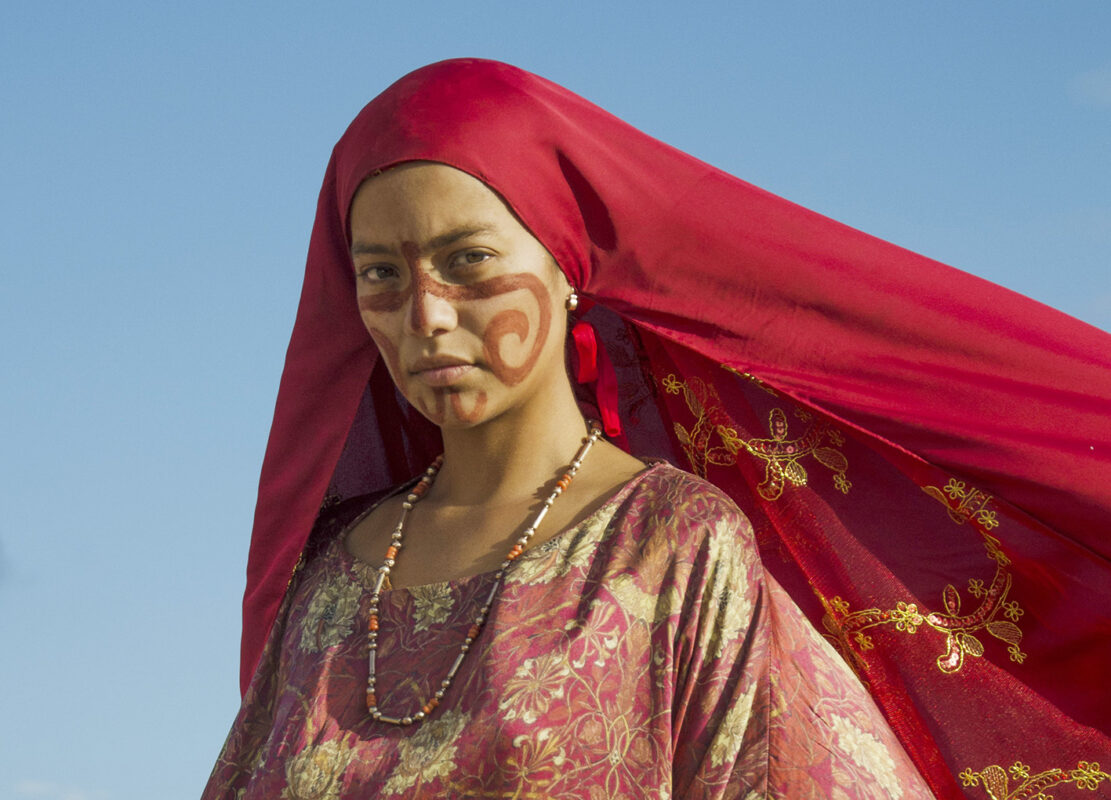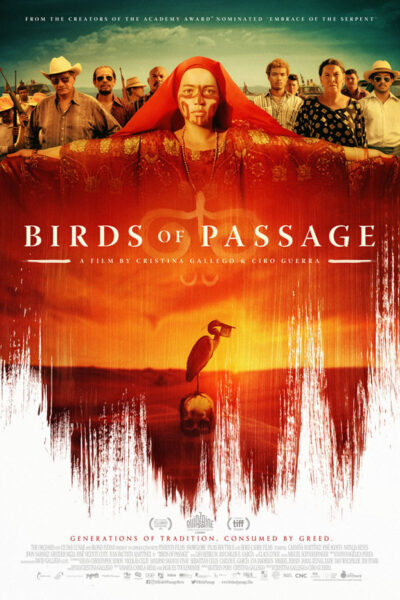"A beautifully crafted, slow-burn crime saga steeped in native traditions"
— Jordan Mintzer, Hollywood Reporter
"Imagine 'The Godfather' made by dazzling Latin American directors who combine bravura filmmaking with political awareness and a probing social conscience."
— Kenneth Turan, Los Angeles Times
"Three viewings in, I'm still flabbergasted by the scope and detail of this movie ... and in awe of the way its unique cover version of a crime-doesn't-pay story totally pays off."
— David Fear, Rolling Stone
"You feel for these fathers, mothers and children as they endure their mythic rise and fall, but the ruthless, eternal cycle of violence begetting violence leaves no room for sentimentality."
— Justin Chang, Los Angeles Times
"The screenwriters’ way of describing this world’s fall from grace due to the lures of money and luxury has the power and inevitability of classic tragedy. It could be Greek or Shakespearean, though it is palpably modern and Colombian."
— Godfrey Cheshire, RogerEbert.com
"As ambitiously artful as it is infectiously engrossing, Birds of Passage brings an invigorating worldview to a genre so often riddled with clichés, weaving an astute tale of fortune and destruction as it explores long-held indigenous traditions."
— Brian Thompson, Film Threat
"Guerra and Gallego’s film is no dusty period piece, it is wildly alive, yet it reminds us that no matter how modern we are, there are ancient songs our forebears knew whose melodies still rush in our blood. We are not creatures of one era or another or of one place or another, we are only ever birds of passage between our mythic pasts and our unwritten futures, being tossed around by the wind."
— Jessica Kiang, The Playlist
"The cultural richness of Birds of Passage is overwhelming, its sense of detail piercingly perceptive, and its sense of drama rigorously yet organically integrated with its documentary elements. Fusing the sociopolitical, the natural, and the mythopoetic realms, the movie offers a model to filmmakers anywhere regarding the dramatic power that inheres in the cultural specifics of any story."
— Richard Brody, The New Yorker







